 right click and choose 'save as' to download MP3
right click and choose 'save as' to download MP3
Shauna Murray is an associate professor and ARC Fellow at the University of Technology, Sydney in the Climate Change Cluster C3 Centre where she researches microalgae that produce toxins that are eaten by fish and could end up on your dinner plate, giving you an illness like Ciguatera. Ciguatera fish poisoning can cause major problems with circulation, digestion, breathing and the nervous system. Shauna's work includes identifying where the microalgae are growing so that fishers can be warned not to take any seafood from those areas and prevent the spread of the illness.
Gurjeet Singh Kohli is a Research Associate studying the genes of the microalgae that cause Ciguatera with both Shauna at UTS and Bret Neilan UNSW. He has recently handed in his PhD thesis. I asked him why it was so difficult to make a test kit that detects the toxins that cause Ciguatera.
Sustainable Aquaculture Group UTS
What is Ciguatera Fish Poisoning?








 download MP3
download MP3



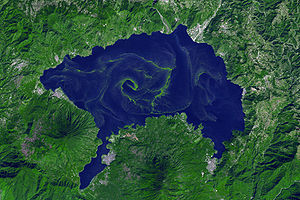








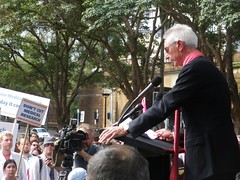

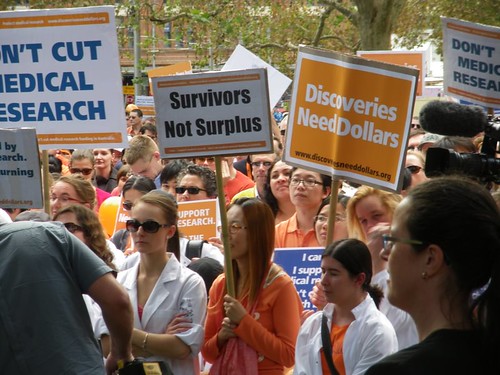
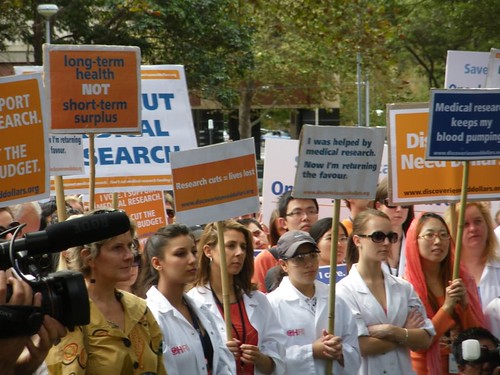
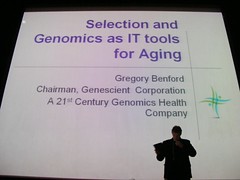
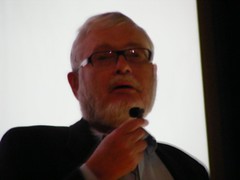
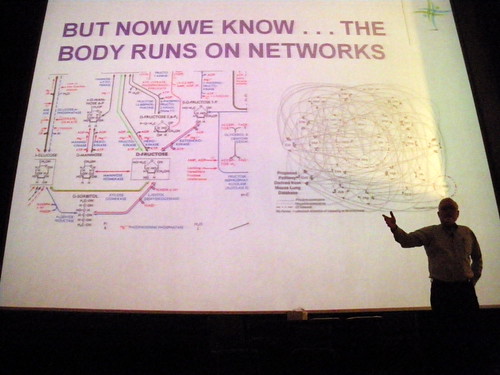


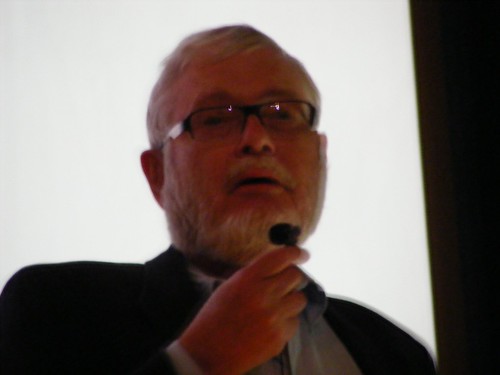
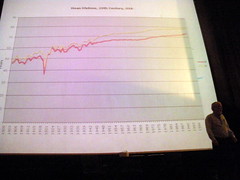
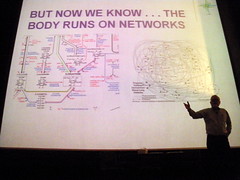
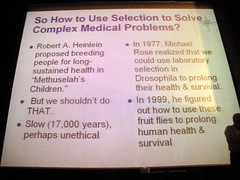
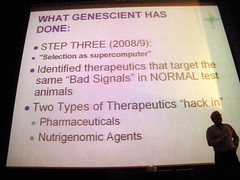
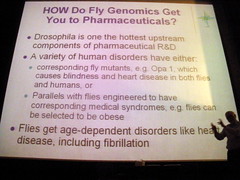
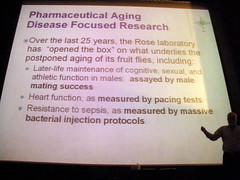
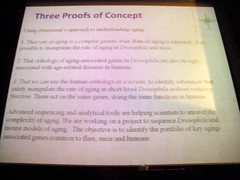
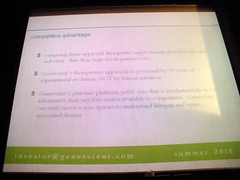
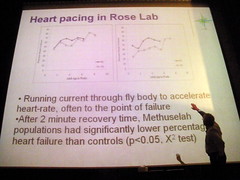
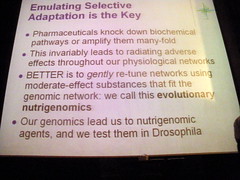

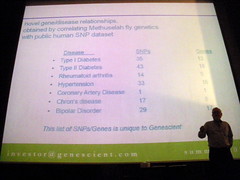
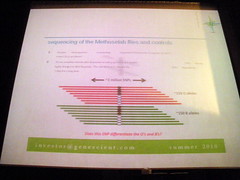
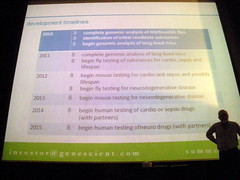
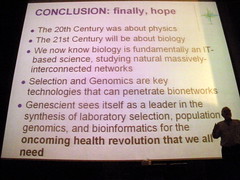





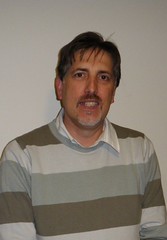







Recent Comments